|
For Rohingya refugees in Bangladesh, finding enough safe water to meet their daily needs can be difficult and exhausting. A new water network, built with Community Partners International's support, provides 800 Rohingya refugees with easy access to a reliable, safe water supply for their essential drinking, washing, and cooking needs. "My body ached with the physical strain." Hasina lives with her husband and seven children in Camp 4 of Kutupalong Refugee Camp in Cox’s Bazar, Bangladesh. With a large family to care for, she constantly worries about finding enough safe water. “There’s a tap stand two blocks from my house where we used to go to fetch water,” she explains. “But it stopped working, and we had to go to another one near the mosque. It was far away, and we had to wait in long lines to get water. We could never collect enough for the family’s needs. We needed 12 full pots each day. My body ached with the physical strain.” As well as access to enough water, Hasina worries about whether the water is safe for her children to drink. “We have experienced the consequences of drinking unsafe water,” she reveals. “My youngest child fell sick once, and several of us were affected by diarrhea and vomiting due to unsafe water.” "The biggest issue was finding the right water-table level to extract water easily." In 2022, Community Partners International (CPI)’s local partner, Green Hill, conducted a survey that identified a gap in the supply of safe water to Hasina’s block in Camp 4. With CPI’s support, they built a water network to ensure these families could access safe water to meet their essential needs. “We discussed the situation with the local government authorities,” explains WASH & Clean Energy Coordinator Jiku. “They asked us to help address the water scarcity situation for this housing block, so we decided to install a small-scale water network. The network consists of a 150-meter-deep borehole, a 5000-liter water storage tank, a pump, a 3000-watt solar panel, and a network of four tap stands.” The construction of the water network was challenging. “We encountered some issues that we didn’t anticipate in the design phase,” reveals Jiku. “The biggest issue was finding the right water-table level to extract water easily. This is a common challenge in these hilly and flood-prone areas. We drilled two boreholes unsuccessfully. On our third attempt, we drilled one that worked and was far enough away from any potential sources of contamination like latrines. We installed a solar panel to power the pump because there is no electricity in the camp. It took us almost two months to complete the water network construction.” Once the water is pumped into the storage tank, it is purified by adding chlorine before being distributed to the network of tap stands built close to the target community. Households are also provided with water purification tablets as a second layer of protection. “We started supplying water through the network in December last year,” confirms Jiku. “It’s now fully functional, and we are successfully providing safe water to the community.” The water network’s storage tank is filled up twice a day, providing the community 10,000 liters of safe water each day. “We calculated the target community’s water needs when we designed the water network,” he continues. “The network supplies enough water to meet their essential drinking, cooking, and hygiene needs. Each of the four tap stands can supply daily water to at least 40 households per day. That’s 160 households, or 800 people, in total.” "We now have enough water for our needs." For Hasina, the new safe water supply is a significant improvement. “The tap stand is right beside my house, and it has made a big difference to my life,” she explains. “It takes me only five minutes to fetch water, and I rarely have to wait. I don’t get exhausted or stressed now about fetching water, and it has made it much easier to manage my daily tasks. It is very helpful for everyone living here. We now have enough water for our needs.” Roshida, who lives with her husband and children on the same block as Hasina, agrees. “I can’t tell you how much relief I feel now that I don’t have to walk long distances and stand in lines for water in the heat of the day,” she reveals. “I feel more confident about drinking water from this tap stand as it’s safe and close by. None of our family members have fallen sick, and we can get enough water for our needs. I also like the taste of water.” Community Partners International continues to work with local stakeholders to identify gaps in water, sanitation and hygiene services, and establish and maintain solar-powered water networks to bring safe drinking water to Rohingya refugees and local Bangladeshi communities.
Comments are closed.
|
AuthorCPI Admin Archives
August 2023
Categories
All
|
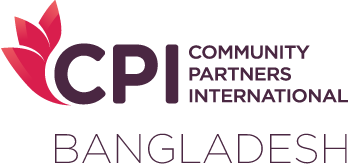
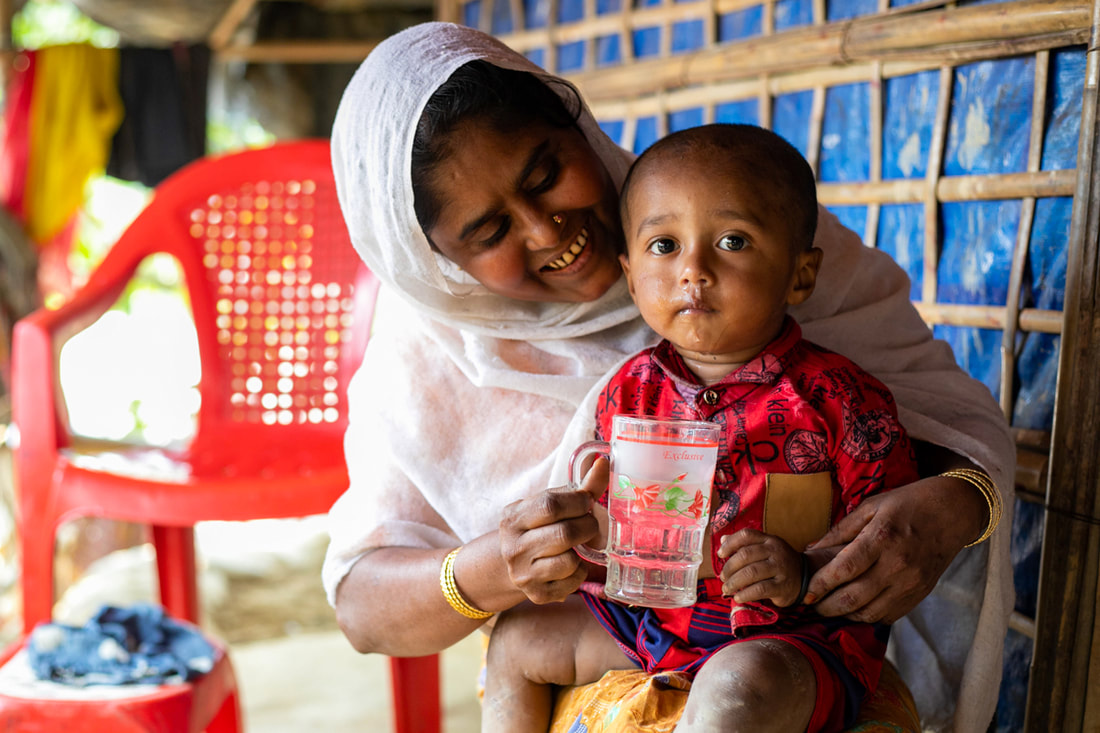
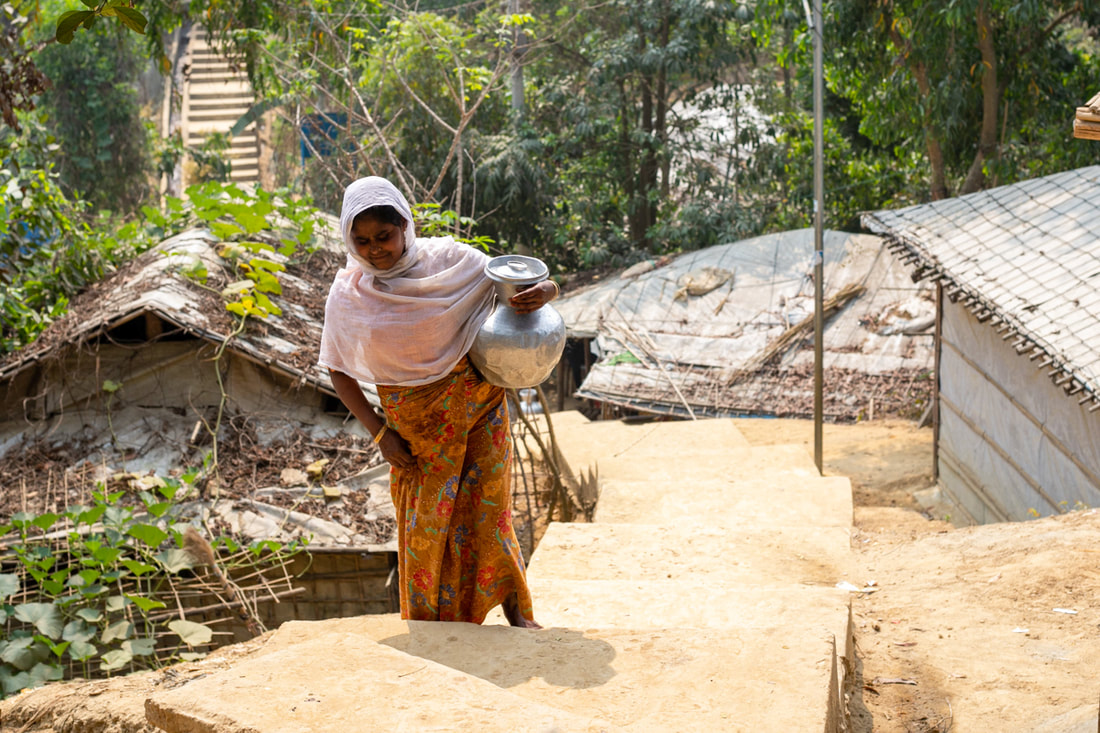
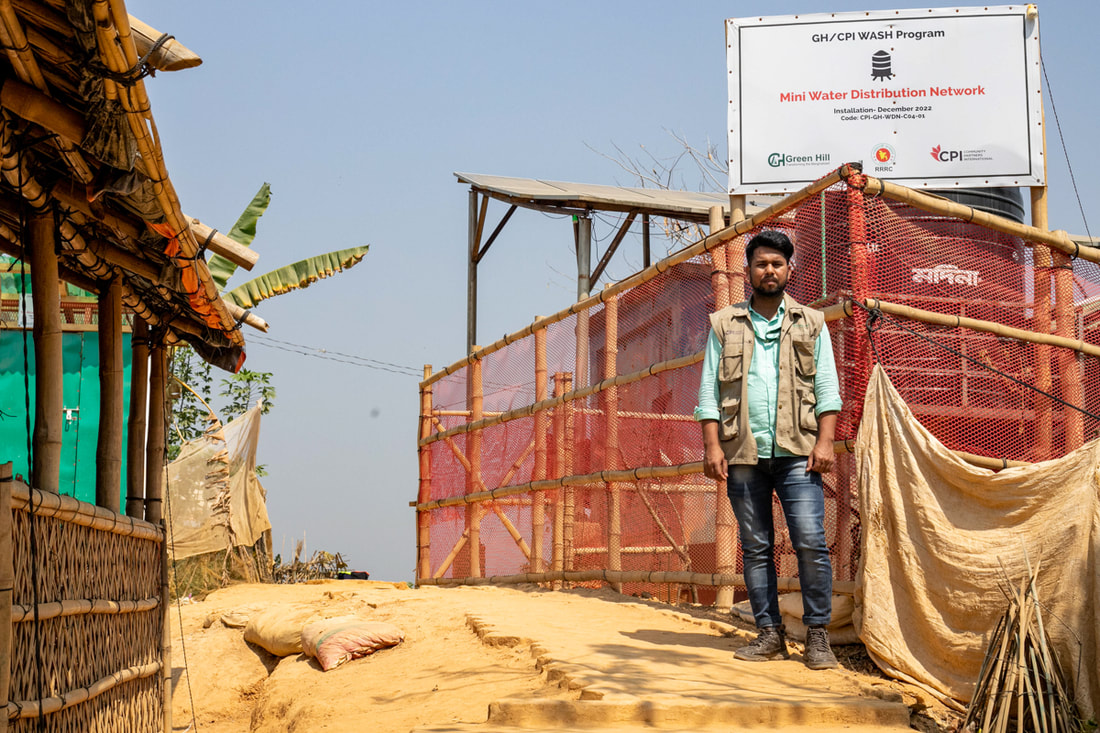
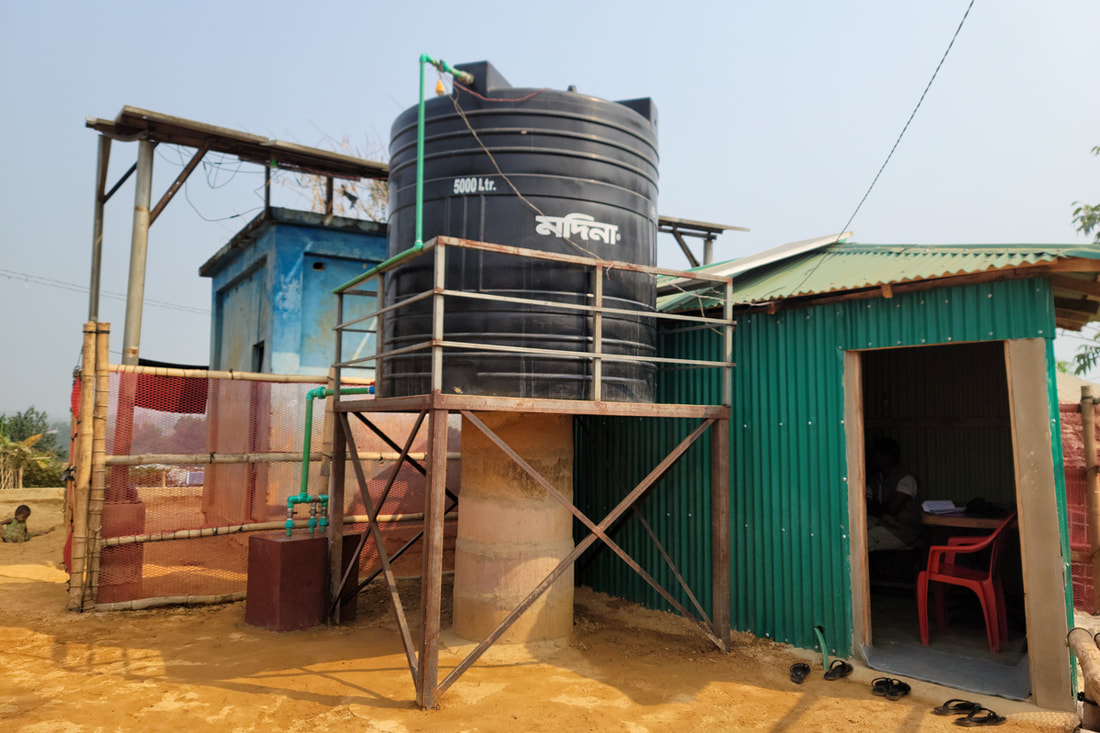
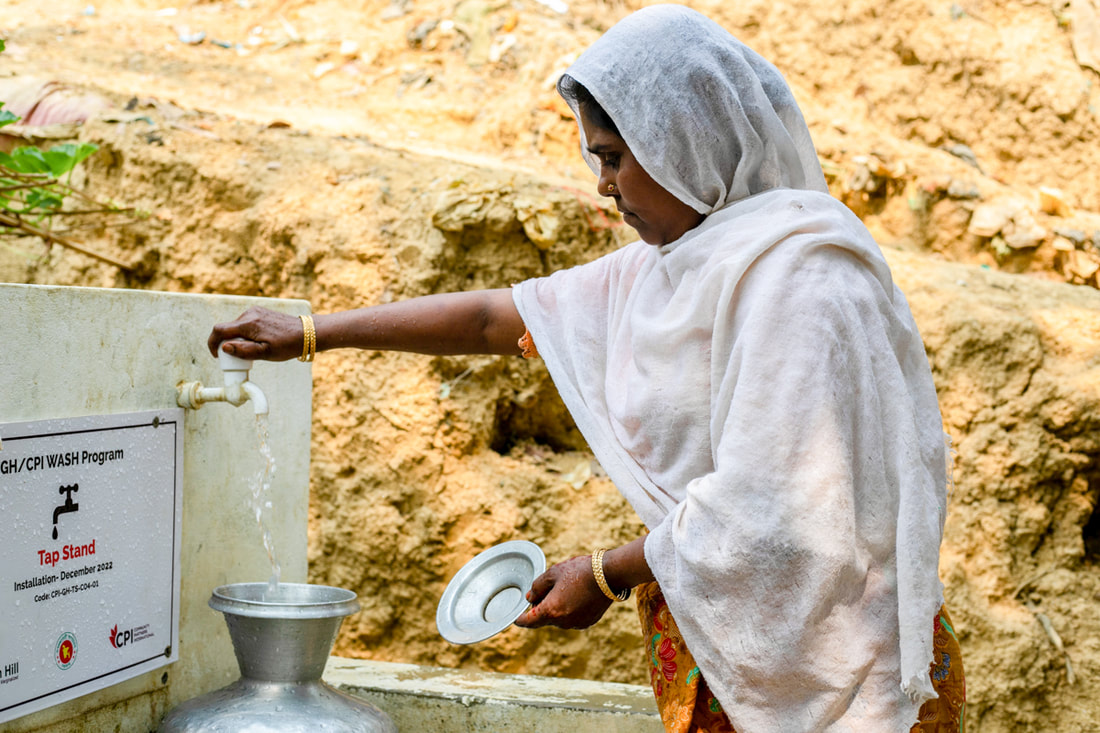
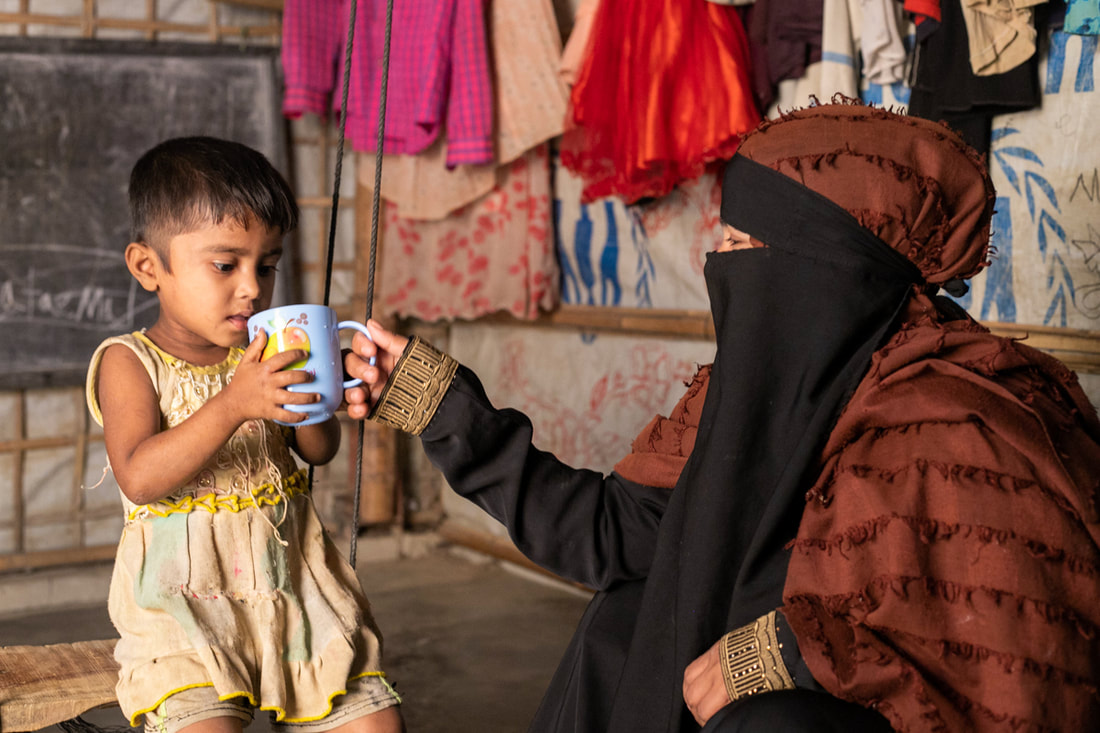
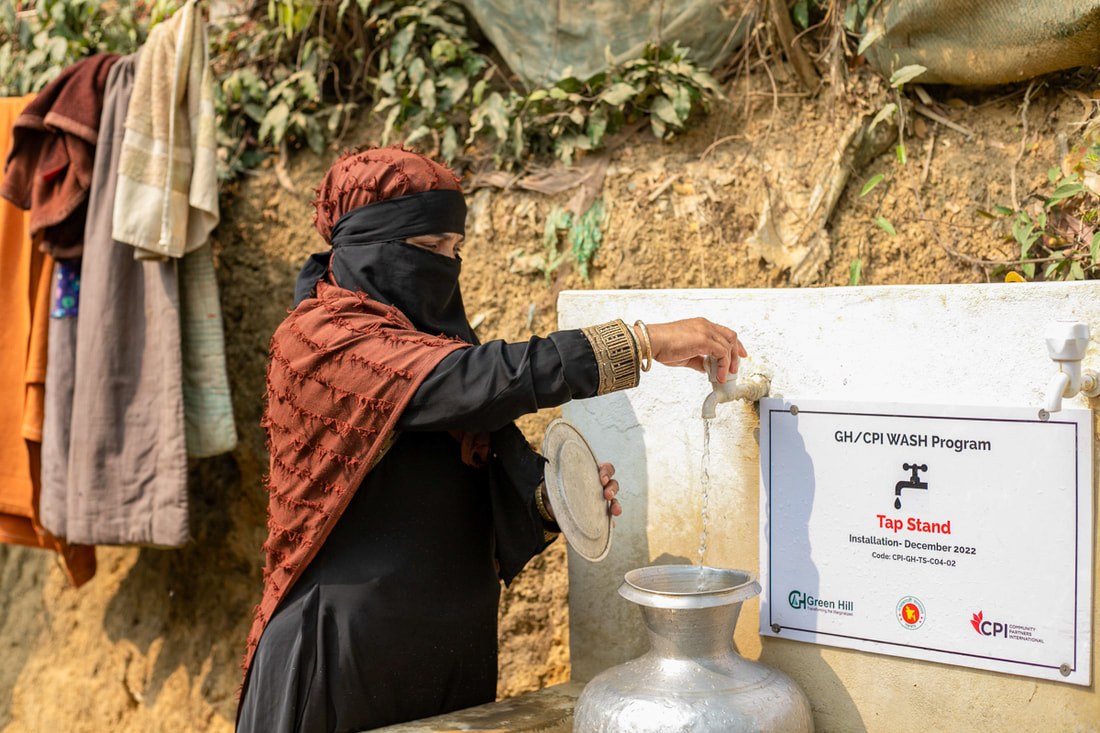
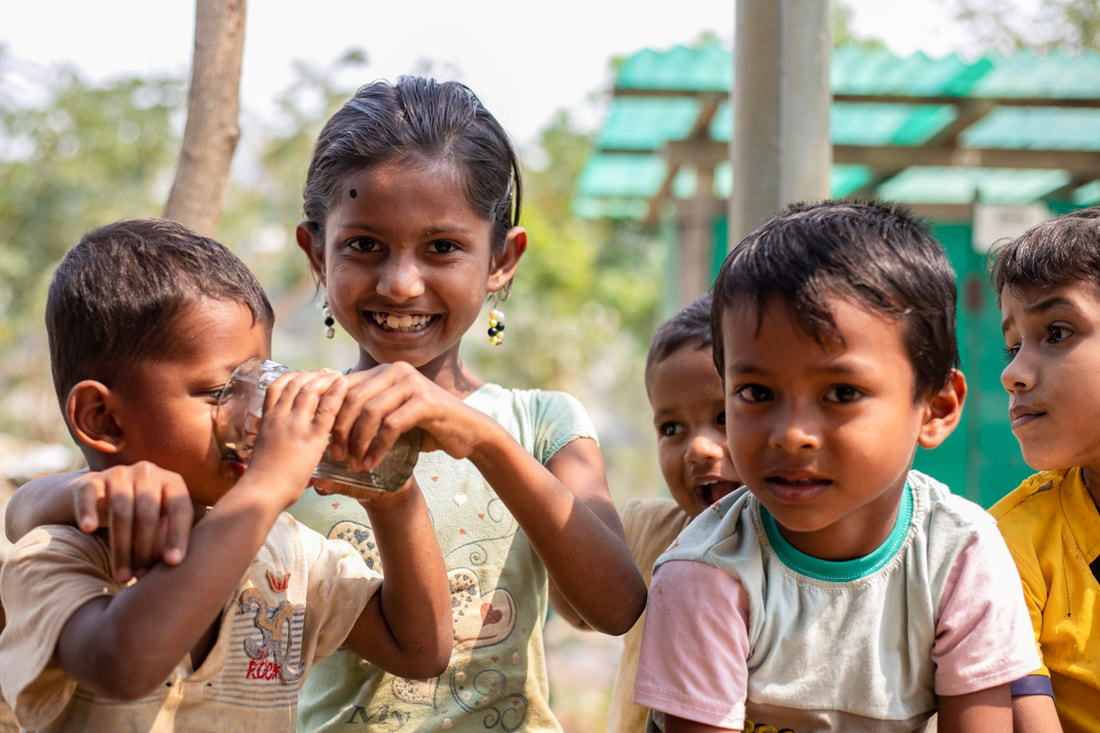
 RSS Feed
RSS Feed